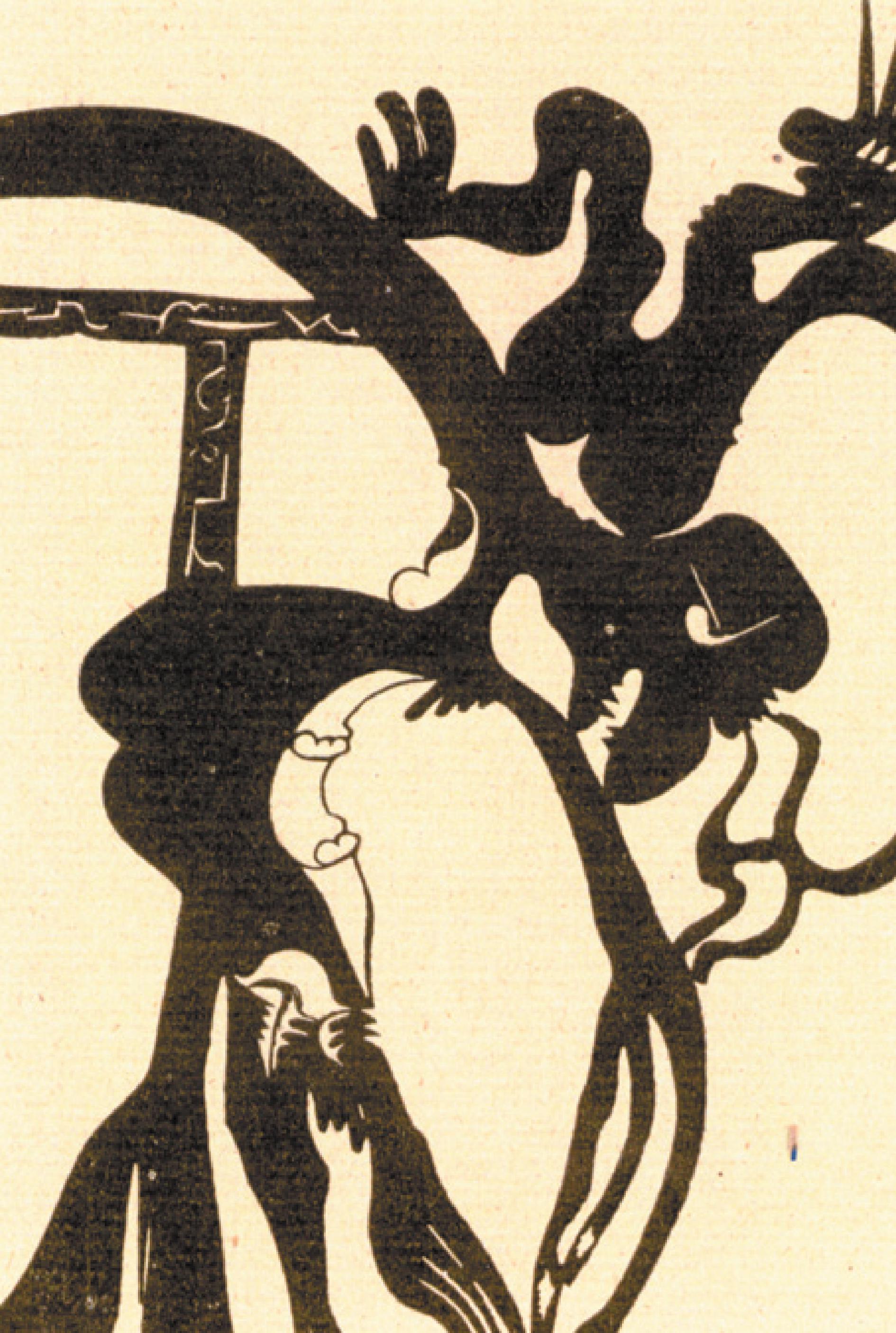Oddanie czci kurzowi. W. G. Sebald i czytanie w tropach
DOI:
https://doi.org/10.26881/sf.2021.17-18.07Abstrakt
Few writers paid as much attention to dust as W. G. Sebald. The author of Austerlitz saw in it „the lowest sign of annihilation” and a “boundary between being and nothingness,” an elegiac way of making the dead present in the text. For Sebald, all the ways of reading the past were “reading (in) dust,” making this particular way close to prophesying. The author of the essay follows Sebald’s opinion, tracing various forms and manifestations of the “prophetic epistemological paradigm.” Reading the irregular, reading „what has never been written,” has also its political aspect of (re)thinking the past from the remains of destruction. This is how dust becomes critical and subversive matter.

 Uniwersyteckie Czasopisma Naukowe
Uniwersyteckie Czasopisma Naukowe





